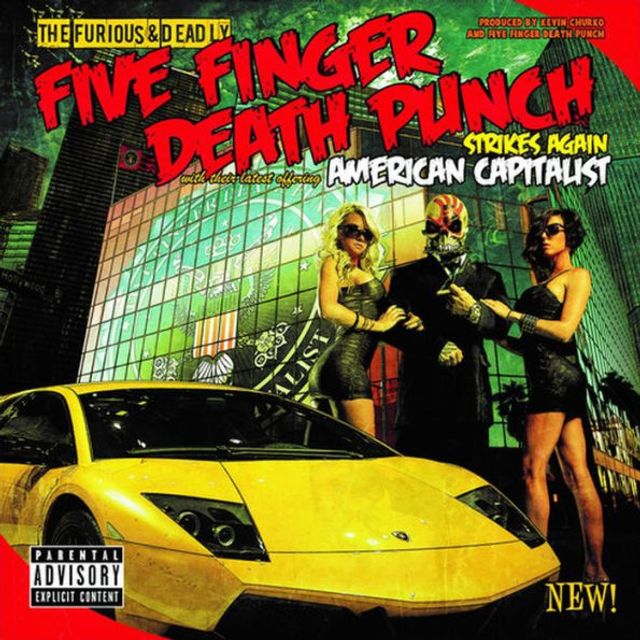Home
Rotary International and the Selling of American Capitalism
Loading Inventory...
Barnes and Noble
Rotary International and the Selling of American Capitalism
Current price: $47.00


Barnes and Noble
Rotary International and the Selling of American Capitalism
Current price: $47.00
Loading Inventory...
Size: Hardcover
*Product Information may vary - to confirm product availability, pricing, and additional information please contact Barnes and Noble
Rotary International was born in Chicago in 1905. By the time World War II was over, the organization had made good on its promise to “girdle the globe.”
explores the meteoric rise of a local service club that brought missionary zeal to the spread of American-style economics and civic ideals.
Brendan Goff traces Rotary’s ideological roots to the business progressivism and cultural internationalism of the United States in the early twentieth century. The key idea was that community service was intrinsic to a capitalist way of life. The tone of “service above self” was often religious, but, as Rotary looked abroad, it embraced Woodrow Wilson’s secular message of collective security and international cooperation: civic internationalism was the businessman’s version of the Christian imperial civilizing mission, performed outside the state apparatus. The target of this mission was both domestic and global.
, the organization’s publication, encouraged Americans to see the world as friendly to Main Street values, and Rotary worked with US corporations to export those values. Case studies of Rotary activities in Tokyo and Havana show the group paving the way for encroachments of US power—economic, political, and cultural—during the interwar years.
Rotary’s evangelism on behalf of market-friendly philanthropy and volunteerism reflected a genuine belief in peacemaking through the world’s “parliament of businessmen.” But, as Goff makes clear, Rotary also reinforced American power and interests, demonstrating the tension at the core of US-led internationalism.


















